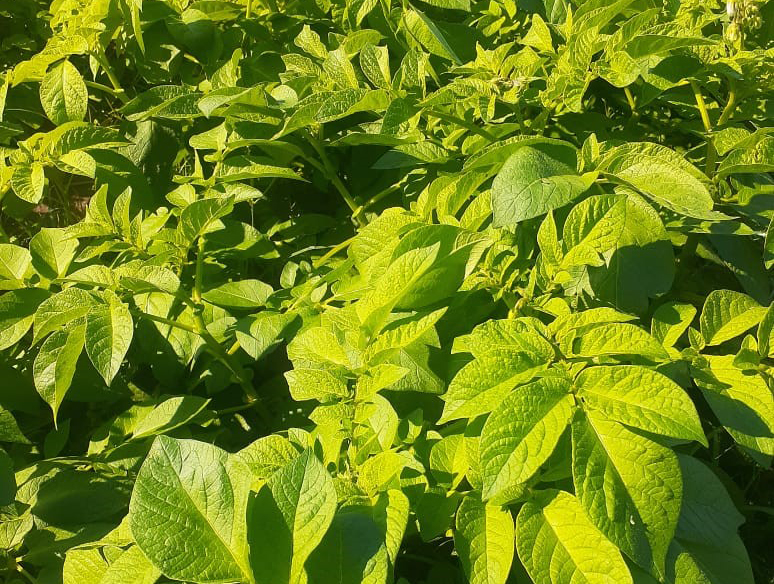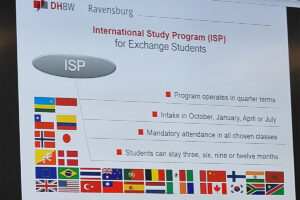The University of Namibia (UNAM) is making significant strides in agricultural research and development through its innovative seed research and seed multiplication programme. Collaborating with the Evaristus Shikongo Correctional Facility, UNAM is embarking on a venture to conduct research and to multiply clean potato seed using ground-breaking techniques and resources for a successful harvest.
Earlier this year, the seed trial kicked off with UNAM growing and harvesting a new variety of potatoes at its Neudamm Campus. The University stored 2 tonnes of potato seed from the harvest for future planting, and sold the rest to eager customers, drawn largely from Windhoek and Neudamm communities. The selected variety, called Ji Zhang, originated from the prestigious Zhangjiakou Academy of Agricultural Sciences (ZAAS) in China.
UNAM identified the Evaristus Shikongo Correctional Facility of the Namibian Correctional Service in Tsumeb as an ideal partner progress with the second season of research and bulking of clean potato seed. The facility’s ample land, sufficient water resources, access to willing labour and favourable location in the maize triangle made it an excellent choice for this kind of exercise. The existing Memorandum of Understanding (MoU) between the two institutions further strengthened this collaboration.

Under UNAM’s guidance, the Evaristus Shikongo Correctional Facility prepared the land and provided labour from inmates willing to learn agronomic management. The planting phase took place from 05 – 07 April 2023, with approximately 30 offenders and 4 officers actively participating. Distinguished professors Simon Angombe and Rhoda Birech from the Faculty of Agriculture, Engineering & Natural Sciences, along with Mr Bruce Tities, provided their expertise and support to the project.
The joint effort successfully planted potatoes on a 1-hectare area, which was meticulously irrigated using a movable sprinkler system. Prof Angombe, Associate Dean: School of Agriculture & Fisheries Sciences, expressed his enthusiasm for the collaboration, stating: “This partnership between UNAM and the Correctional Facility demonstrates how academia and other institutions can work together for mutual benefits. We are proud of the progress we have made so far.”
Looking ahead, the team has ambitious plans for the coming months. Prof Angombe explained, “We are currently focused on nurturing the crop through weeding and applying fertilizers. The potatoes will take approximately 4.5 months to mature, and we anticipate harvesting in mid-August 2023.” Meanwhile data is being collected of the properties of the new variety, with an intention of using the data to Register the variety in the Ministry of Agriculture Water and Land Reform, Namibia.
Perfect for making chips
The potato variant has unique characteristics suitable for various culinary purposes. The Project Lead, Prof. Birech highlighted that: “The plants produce mostly large tubers, perfect for making chips and suitable for different potato dishes. Cooked potatoes from this variety are delicious. Harvested potato tubers keep well in the store for up to 3 months, hence extending the period of food availability for households who will adopt this potato variety.”
Prof Birech emphasised the significance of the project, particularly the novelty of the potato species being planted. “Potatoes are typically considered a cool weather crop, but this particular variety can thrive in warmer conditions.
“We have already observed its success at our Neudamm Campus, where it yielded well under irrigation from mid-September 2022 to mid-January 2023. This opens up the possibility of effectively growing this potato variety in Namibia for two seasons each year, contributing to both the market economy and household food security.”
The launching of the Potato research and multiplication programme, scheduled for mid-August 2023, is poised to be a momentous occasion for both UNAM and the Evaristus Shikongo Correctional Facility. The UNAM Vice Chancellor, along with prominent leaders from the National Correctional Services, will attend the event. This programme serves as a testament to UNAM’s research competence and commitment to fostering collaborative partnerships for sustainable agricultural development.
As the potato plants continue to thrive under the watchful eyes of UNAM researchers and the dedicated staff at the Evaristus Shikongo Correctional Facility,
We anticipate a successful completion of the potato research phase and a bountiful harvest that will soon grace Namibia’s agricultural landscape. This will showcase UNAM’s expertise as well as reinforces its role as a leading institution driving innovation and progress in the country’s agricultural sector.





